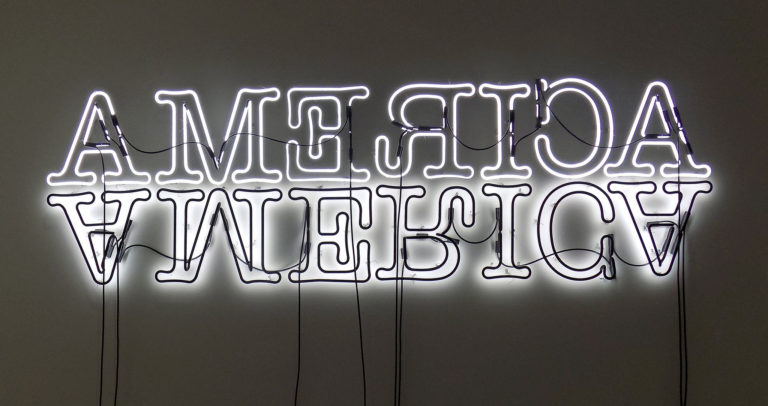The pandemic brought migrant farm workers into the limelight once again, as has happened repeatedly in the last three decades, in Italy as in many other parts of the world. Here I examine how intersecting and sometimes conflicting discourses and interventions, that have this biopolitically conceived population as their object, decide upon these subjects’ worthiness of attention, care, and sympathy through criminalizing, victimizing, and humanitarian registers. I reflect on some of the affective dynamics that sustain both the governmental operations through which these populations were (sought to be) managed and reactions against them from a situated perspective, as an accomplice to many of the forms of struggle in which migrant farm workers have engaged in the last decade in Italy. The stage for many such occurrences is what I have elsewhere defined as the “encampment archipelago” that many such workers, and particularly those who migrate from across West Africa, inhabit—labor or asylum-seeker camps, but also slums or isolated, derelict buildings, and various hybrid, in-between spaces among which people circulate.
Keyword: migrant labor
Review of The Cultural Politics of U.S. Immigration: Gender, Race and Media by Leah Perry (NYU Press)
Leah Perry’s The Cultural Politics of U.S. Immigration: Gender, Race, and Media is a timely exposition of how our racialized and gendered immigration paradigms came about as well as what makes them uniquely neoliberal. Perry offers a meticulous account of immigration reform in the 1980s and 90s—including how it negotiated, accommodated and ultimately co-opted the gains of feminism and multiculturalism—while also showing how its discourses were refracted in popular culture and thus within the lived experience of a hegemonic neoliberalism. Perry’s analysis that will interest scholars of media, popular culture, and immigration policy alike, and that, in the true spirit of humanistic inquiry, reveals the work of culture in the circuitry of power.

